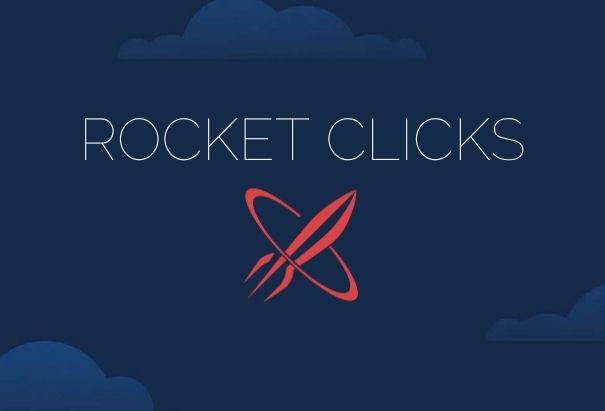Google and AT&T Fight Over Net Neutrality Rules
Google and AT&T are in disagreement over the proposed net neutrality rules that could possibly affect billions of dollars of investments needed to upgrade the U.S. broadband network. They are calling on political allies, lobbyists and labor unions for a fight over the rules. The FCC recently pushed new rules that meant cable and phone companies like AT&T couldn’t block or slow access to services like Google that could compete with their businesses or drain on their networks.
Cable/phone companies want the option to manage traffic on busy wireless networks and the freedom to devote a larger amount of their networks to selling more expensive services. Google and similar internet services want the cable companies to deliver all traffic equally so that they can’t slow down connections to services like YouTube or Google Voice. Both companies are increasing efforts to make sure the FCC doesn’t impose rules that harm their profits, interests or expansion plans.
Any entity with the ability to throttle the access to sites on the internet has the power to affect the livelihood of every internet marketer on the web. What if access to a retail site wasn’t as speedy as that to a large competitor favored by a provider? What if traffic to an internet marketer’s affiliates was marginally or significantly faster or slower?
Google Social Search Feature
Google has now launched its Social Search product into its experimental Google Labs, which highlights content created by friends of the searcher, or content from sites that the user follows via RSS feed. The objective is to put more weight on the results by bringing results endorsed by the user’s social circle right to the Google results. The results will appear in a separate section at the bottom of the page under the heading “Results from people in your social circle”. Matt Cutts of Google stated that “It uses PageRank, and all the signs that Google uses for determining reputation and relevance. It only triggers when there’s a really useful result.”
Digg Tests a Truly Innovative New Type of Ad
Digg has come up with an interesting new type of advertisement that involves surfacing old content submitted to Digg that is relevant to certain advertisers. Basically, an advertiser can find a few old articles or items related to their product or service and display them in the ad box along with their banner ad. This is useful for advertisers and consumers; it not only displays their advertisement, but it gives users something other than the ad to click on. It hasn’t been determined if clicking on the ad takes you to the actual story or whether or not the advertiser is paying for those clicks.
Either way, it is a very innovative approach to contextual advertising , as well a genius way to re-purpose content that has already been deemed useful by Digg users and extend its internet half-life.
Yahoo! Homepage Redesign Seeing Results
Months after Yahoo! premiered a new version of their homepage where users could personalize apps to add content to the homepage, they are reporting successful results regarding key analytics. Time spent on the homepage is up 20% and page views are up 9%. The focus of the redesign was to increase what Yahoo! calls PageYield, a measure of how engaged consumers are with that page, and it seemed to have worked. Some of the main things to drive user engagement are the My Favorites section, where users can personalize applications and feeds from anywhere on the web, and the “Today” module on the homepage which targets news and other information to each user. Click through rates on the news stories are up 76%.
By Jessica Manganello
Paid Search Staff
http://online.wsj.com/article/SB10001424052748704224004574489323364051390.html
http://www.clickz.com/3635471
http://www.techcrunch.com/2009/10/08/digg-testing-a-way-to-surface-older-content-and-get-paid-for-it
http://www.techcrunch.com/2009/10/28/time-spent-on-yahoo-homepage-up-20-percent-since-redesign/

